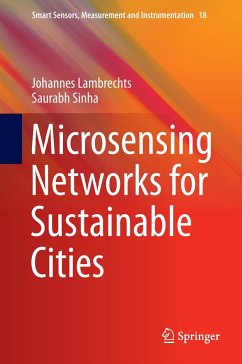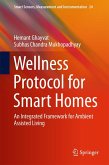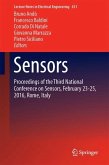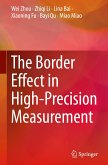This book explores the microsensing technologies and systems now available to monitor the quality of air and water within the urban environment and examines their role in the creation of sustainable cities against the background of the challenges posed by rapid urbanization. The opening section addresses the theoretical and conceptual background of microsensing networks. The coverage includes detailed description of microsensors, supported by design-specific equations, and clear explanation of the ways in which devices that harvest energy from ambient sources can detect and quantify pollution. The practical application of such systems in addressing environmental impacts within cities and in sustainable urban planning is then discussed with the aid of case studies in developing countries. The book will be of interest to all who wish to understand the benefits of microsensing networks in promoting sustainable cities through better delivery of information on health hazards and improved provision of data to environmental agencies and regulatory bodies in order to assist in monitoring, decision-making, and regulatory enforcement.








